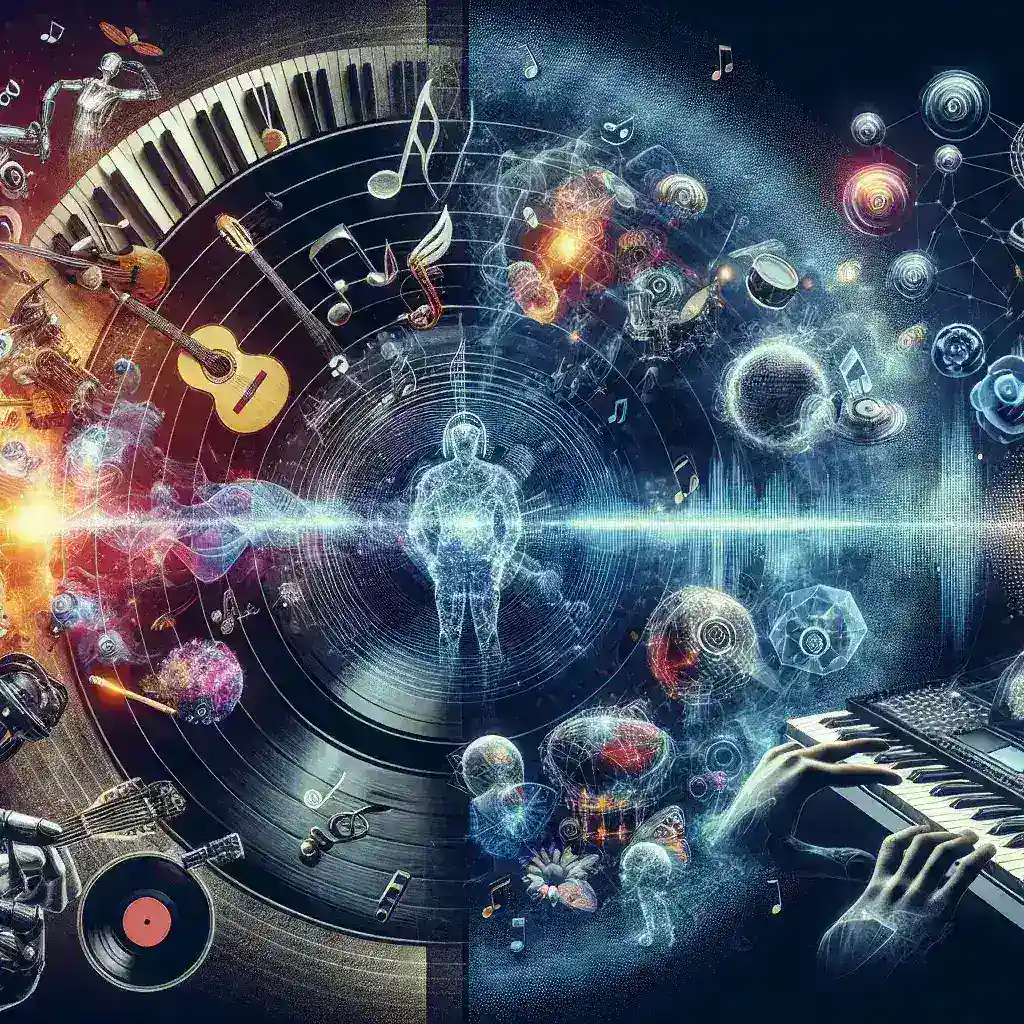The music industry has undergone a seismic shift over the past few decades, largely driven by technological advancements. From creation to distribution, every facet of the industry has been revolutionized. This article delves deep into the various ways technology is changing the music industry, presenting a comprehensive overview of its impact.
Digital Music Production
Gone are the days when music production was limited to expensive studio setups. Today, digital audio workstations (DAWs) like Ableton Live, FL Studio, and Logic Pro X have democratized music production. These tools offer a plethora of advanced features that were previously accessible only to professional studios.
- Accessibility: DAWs have made music production accessible to anyone with a computer and a creative mind.
- Affordability: High-quality music production no longer requires expensive equipment or studio time.
- Innovation: With various plugins and virtual instruments, musicians can experiment with unique sounds and production techniques.
Streaming Services
Streaming services like Spotify, Apple Music, and Tidal have revolutionized how we consume music. These platforms offer access to millions of songs at the click of a button.
- Global Reach: Artists can now reach an international audience without the need for traditional distribution channels.
- Data Analytics: Musicians can track who is listening to their music, where, and how often, allowing for more targeted marketing efforts.
- Revenue Streams: While streaming payouts are often a point of contention, these platforms still offer artists new ways to earn money from their music.
Social Media and Online Marketing
Social media platforms like Instagram, TikTok, and YouTube have become essential tools for musicians to promote their work and engage with fans.
- Direct Engagement: Artists can interact directly with their fans, creating a sense of community and loyalty.
- Viral Potential: Platforms like TikTok can catapult a song to worldwide fame overnight.
- Content Variety: Musicians can share behind-the-scenes content, live performances, and more, providing a richer experience for fans.
The Role of AI in Music
Artificial Intelligence (AI) is increasingly playing a role in music creation, recommendation, and distribution.
- Music Creation: AI algorithms can now compose music, offering new tools for musicians to explore.
- Recommendation Systems: AI-powered recommendation engines help listeners discover new music tailored to their tastes.
- Data Analysis: AI can analyze vast amounts of data to provide insights into listening habits, helping artists optimize their strategies.
Virtual Reality (VR) and Augmented Reality (AR)
VR and AR are opening up new avenues for immersive music experiences.
- Virtual Concerts: Artists can perform in virtual venues, reaching fans who couldn’t attend physical concerts.
- Interactive Experiences: AR can create interactive music videos and experiences, offering fans a unique way to connect with the music.
- Training and Education: VR and AR can also be used for music education, providing virtual lessons and practice sessions.
The Future of Music Technology
The future holds exciting possibilities for the intersection of music and technology. Innovations such as blockchain for transparent royalty payments, 5G for faster, more accessible streaming, and advanced AI tools for music creation are just the beginning.
The ongoing evolution of technology ensures that the music industry will continue to adapt and grow, offering more opportunities for artists and richer experiences for listeners.
- Blockchain: Can offer transparent, secure transactions for royalty payments.
- 5G Technology: Will enhance streaming quality and speed, making high-quality music more accessible globally.
- Advanced AI: New AI tools will continue to innovate music creation, providing musicians with unprecedented creative options.

